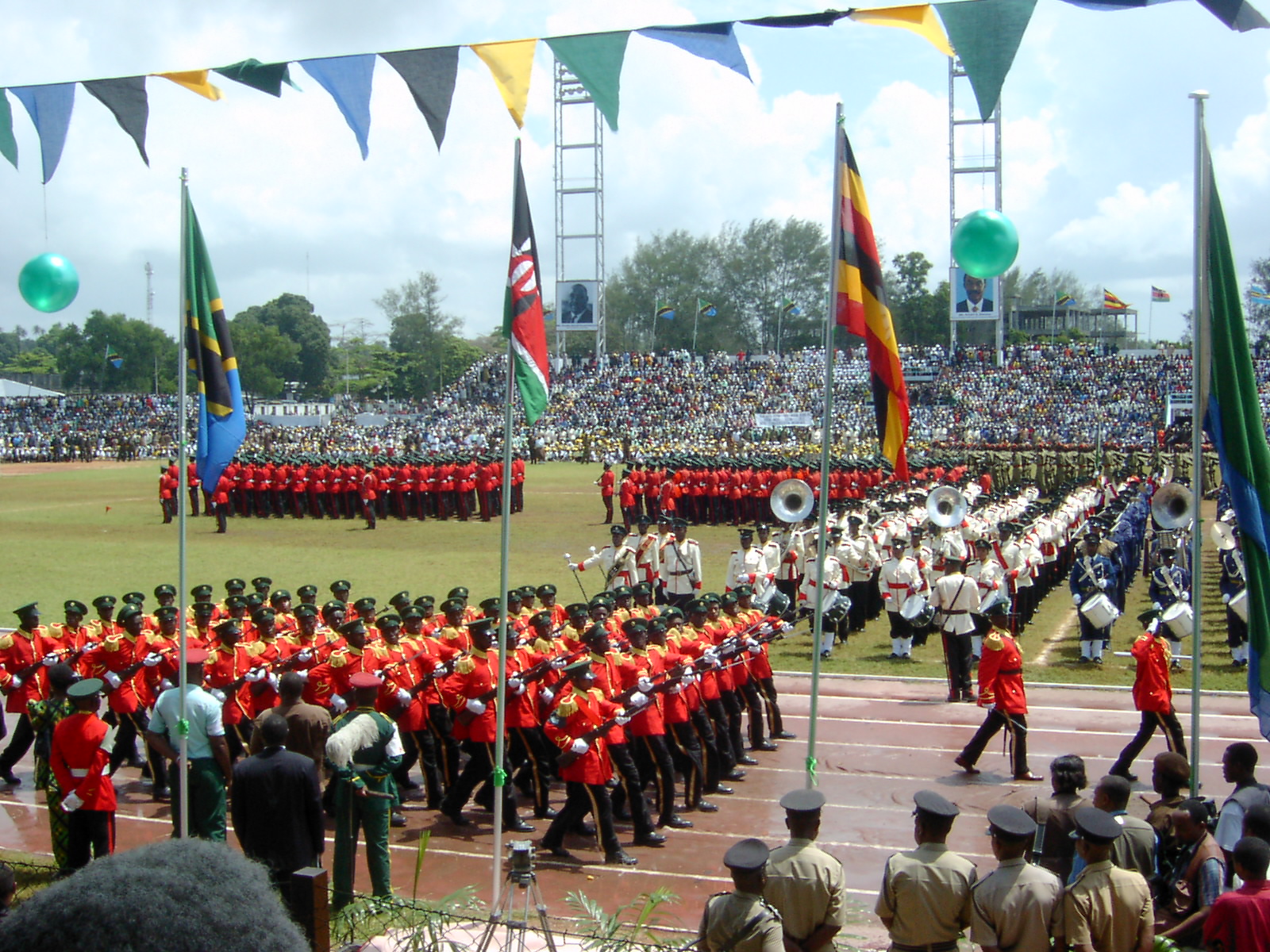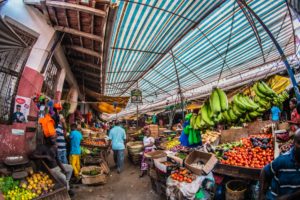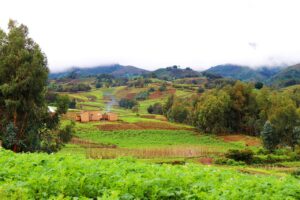Zanzibar Revolution Day: A Celebration of Freedom and Unity
Zanzibar Revolution Day, or Siku ya Mapinduzi ya Zanzibar, falls annually on January 12th. It marks a pivotal moment in the history of the Zanzibar archipelago. This public holiday commemorates the 1964 revolution that overthrew the Sultanate and led to the establishment of the People’s Republic of Zanzibar. The day serves as a tribute to the resilience of the Zanzibari people and their quest for equality and justice. It holds immense historical, political, and social significance to the people of the Zanzibar archipelago and the country of Tanzania.
Today, Zanzibar is part of Tanzania. It is a semi-autonomous region that includes two main islands, Unguja (commonly referred to as Zanzibar) and Pemba, along with several smaller islands. Zanzibar merged with Tanganyika just months after the 1964 revolution to form the United Republic of Tanzania. This political union was in the interests of both Tanganyika and Zanzibar, but Zanzibar retains its own government and president for internal affairs.
Historical Significance of Zanzibar Revolution Day
The Zanzibar Revolution of 1964 was a transformative event in the island’s history. Despite Zanzibar’s independence from British rule in December 1963, power remained concentrated in the hands of a minority Arab elite. This left the majority African population in a state of systemic marginalization. On January 12, 1964, a revolutionary uprising led by John Okello and the Afro-Shirazi Party dismantled the Sultanate. The revolution resulted in significant socio-political changes and laid the foundation for a government that sought to address inequalities and create a more inclusive society.
Political and Social Meaning
Zanzibar Revolution Day is not only a historical commemoration. It is a celebration of unity and the enduring spirit of self-determination. Politically, it underscores the importance of sovereignty and the fight against oppression. Socially, the day highlights the values of solidarity and equality among Zanzibaris of diverse ethnic and cultural backgrounds. It is a reminder of the sacrifices made to achieve freedom and the ongoing responsibility to uphold these ideals in contemporary society.
Public Zanzibar Revolution Day Celebrations
The public celebrations of Zanzibar Revolution Day involve both official and community-led activities. The day typically begins with an official ceremony, including speeches by political leaders who reflect on the revolution’s legacy and outline aspirations for Zanzibar’s future. A highlight of the day is the military parade, showcasing the disciplined forces that symbolize the protection of the nation’s independence.
Cultural performances, including traditional Taarab music and dances like the Kidumbak, energize the festivities. Community gatherings and sports competitions, such as soccer matches, further foster a sense of camaraderie. Streets are adorned with nyeusi (black), bluu (blue), kijani (green), and nyeupe (white), the colors of the bendera ya Zanzibar (Zanzibari flag). Public spaces are full of music, food stalls, and cheerful crowds.
Private Celebrations
On a personal level, families and communities come together to celebrate Zanzibar Revolution Day in their own ways. Many households prepare traditional Zanzibari dishes such as pilau (a spiced rice dish), biryani (a Swahili twist on the Indian dish), and urojo (a tangy soup often enjoyed with cassava chips.) Sharing meals and stories about the revolution with younger generations is a cherished custom, ensuring that the legacy of January 12th is passed down.
Special Customs and Foods of Zanzibar Revolution Day
Food plays a central role in the day’s celebrations, reflecting Zanzibar’s rich culinary heritage. In addition to staple dishes, special desserts like halwa (a sweet, sticky confection made with local spices) and mandazi (similar to a fried donut) are enjoyed. The aroma of spices, such as karafuu (cloves), mdalasini (cinnamon), kungumanga (nutmeg) and iliki (cardamom), fills the air. This is a reminder of Zanzibar’s historic role as a spice island.
Traditional clothing is also a significant aspect of the day. Many people wear colorful kanzus, khangas, and buibuis as a nod to cultural pride. Storytelling sessions and recitals of revolutionary poetry are common, providing a platform for remembering and honoring the heroes of the past.
Get on the road to speaking Swahili with the Language Garage!
We hope you’ve enjoyed learning about Tanzania’s Zanzibar Revolution Day. If you’d like to learn more, check out our other posts on Swahili language, culture, and more. And if you’re looking for convenient and affordable live Swahili lessons with a real teacher, check out The Language Garage Swahili. Our lessons are given online in a virtual classroom, so it doesn’t matter where you live or work. We can come to you. And we have flexible options, with a free trial so that you can decide if there’s a fit. Check us out!
Image Source Wikimedia Commons






